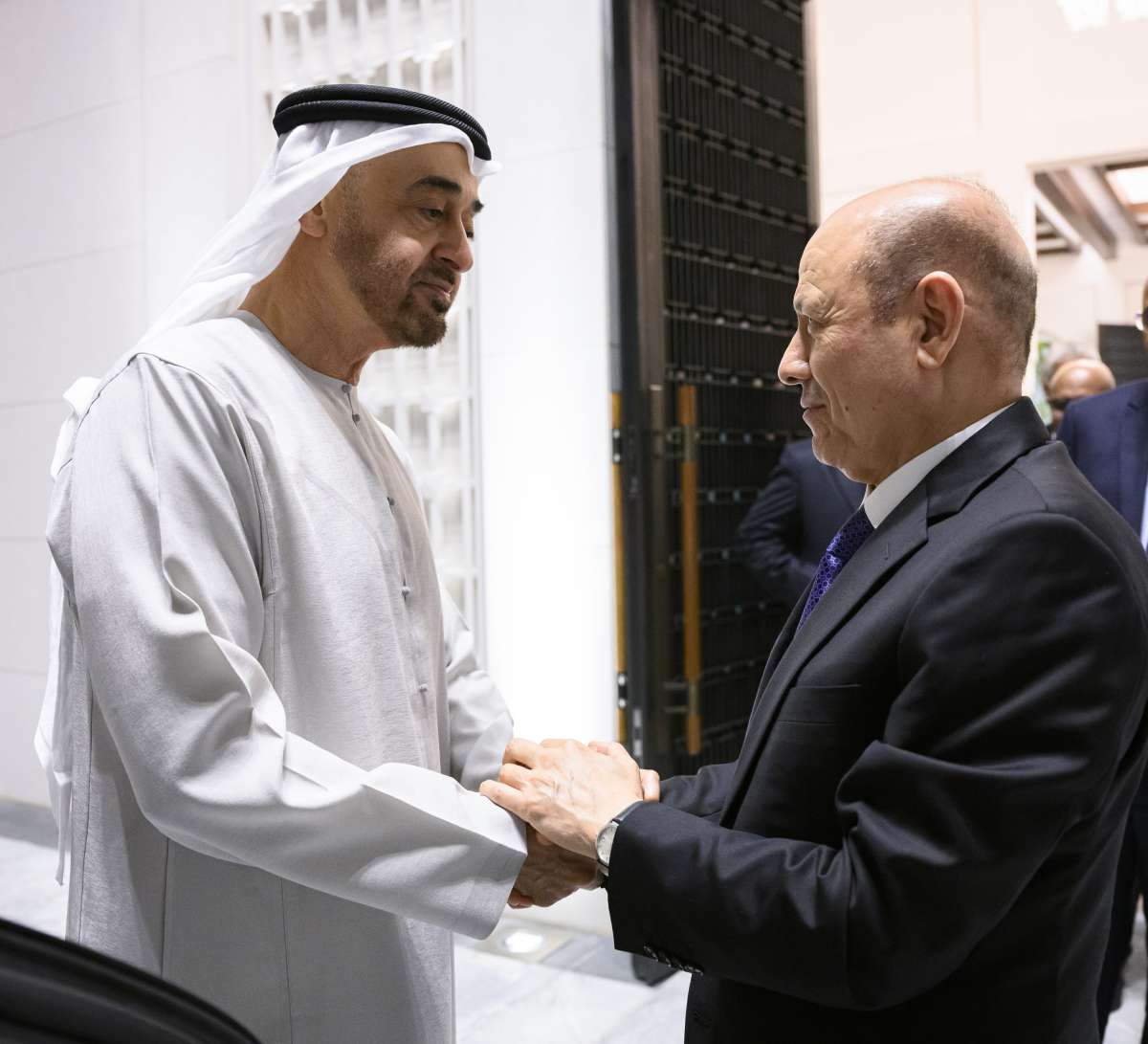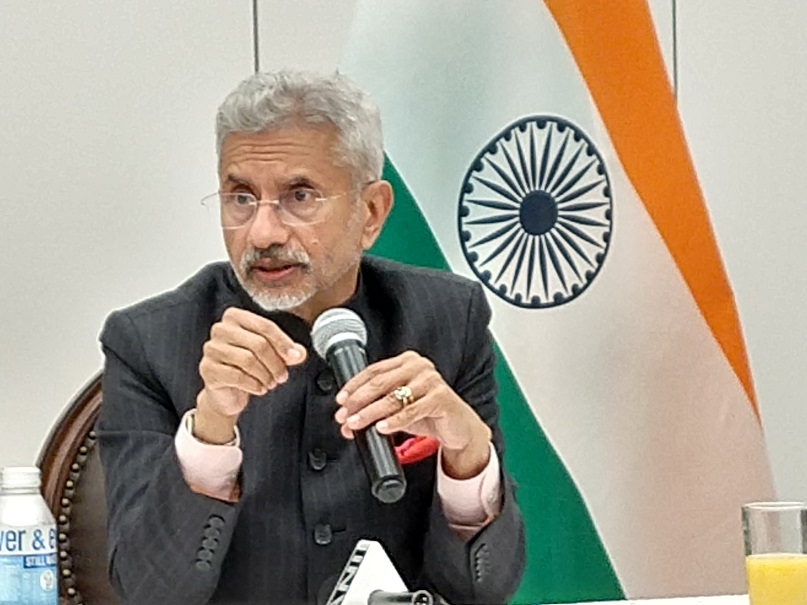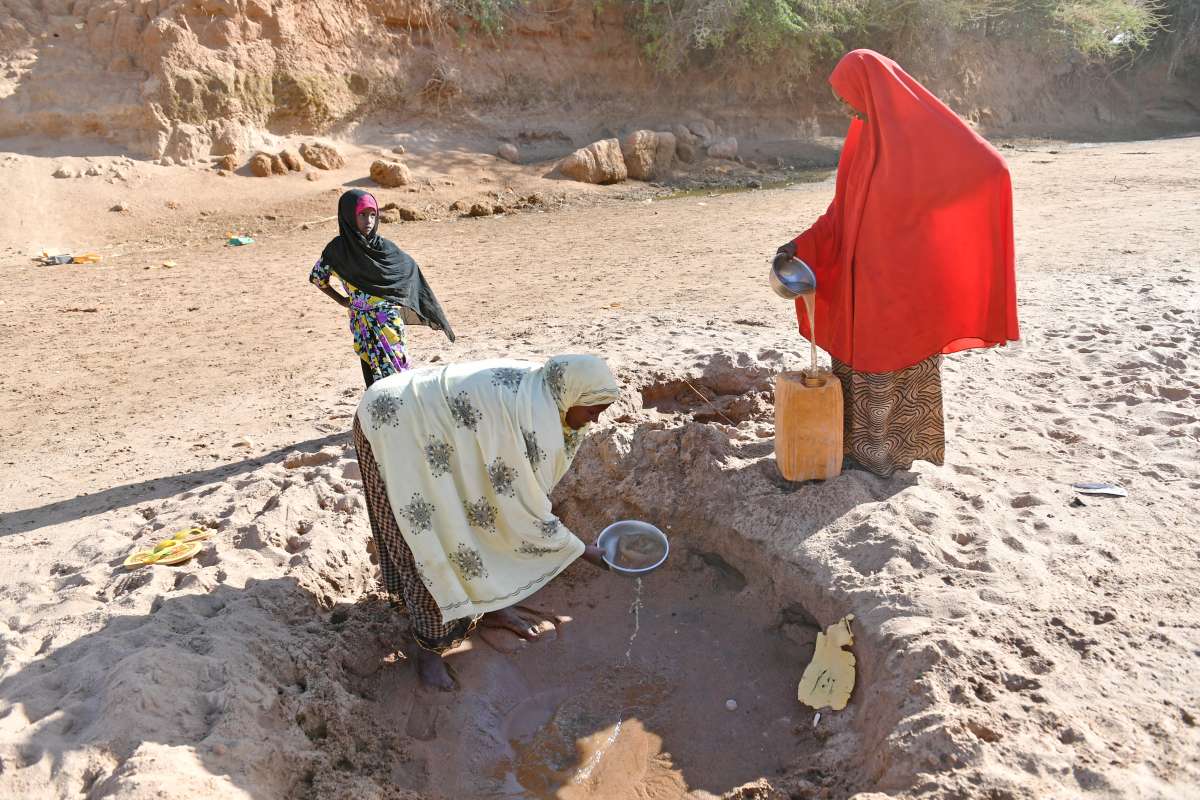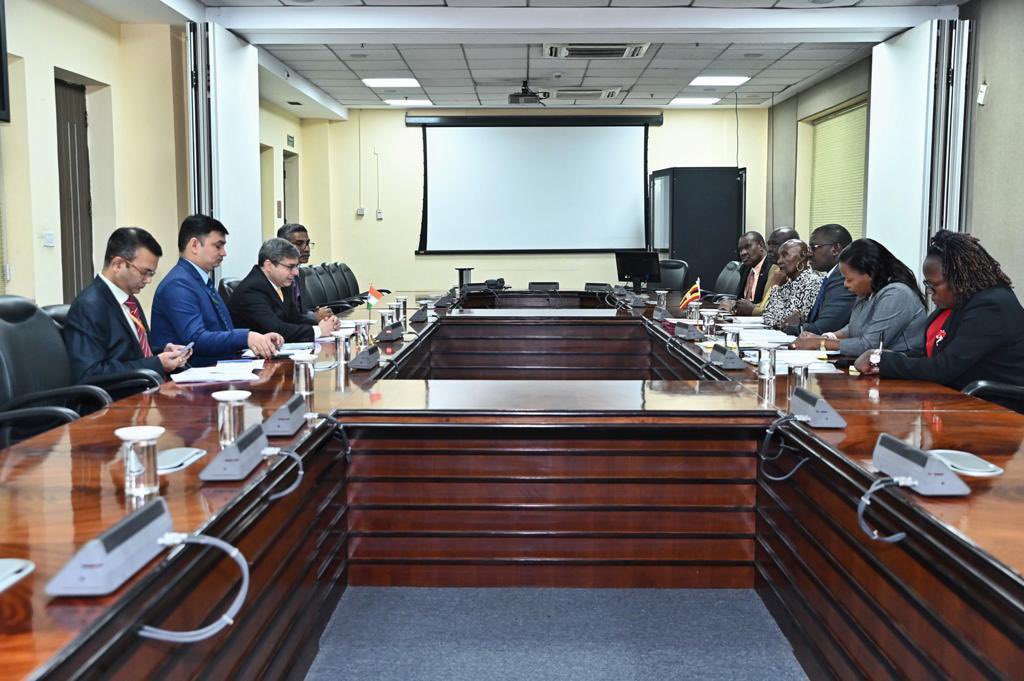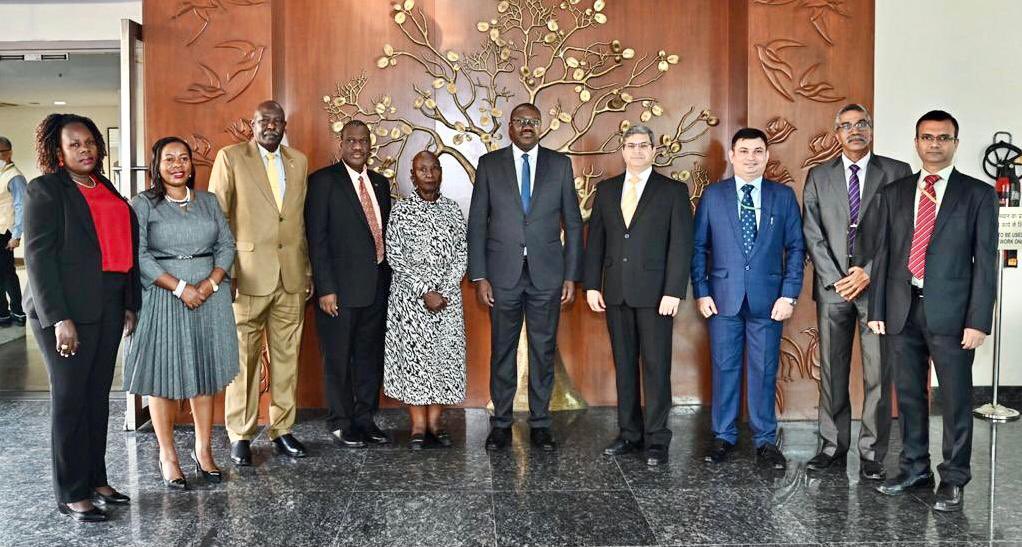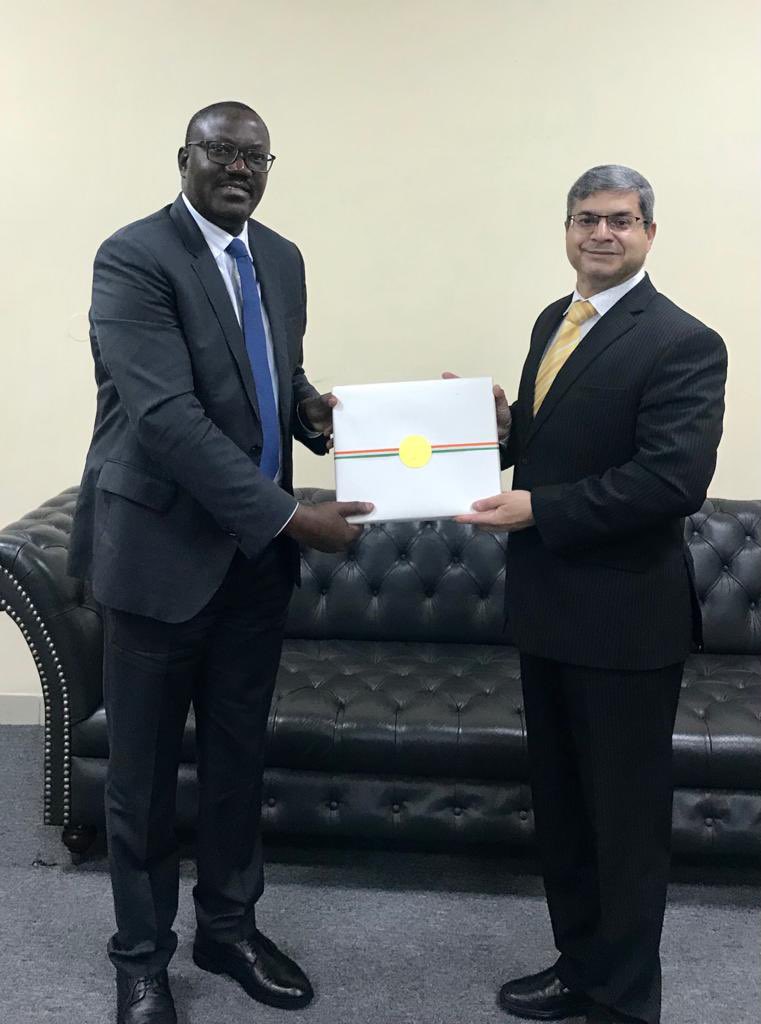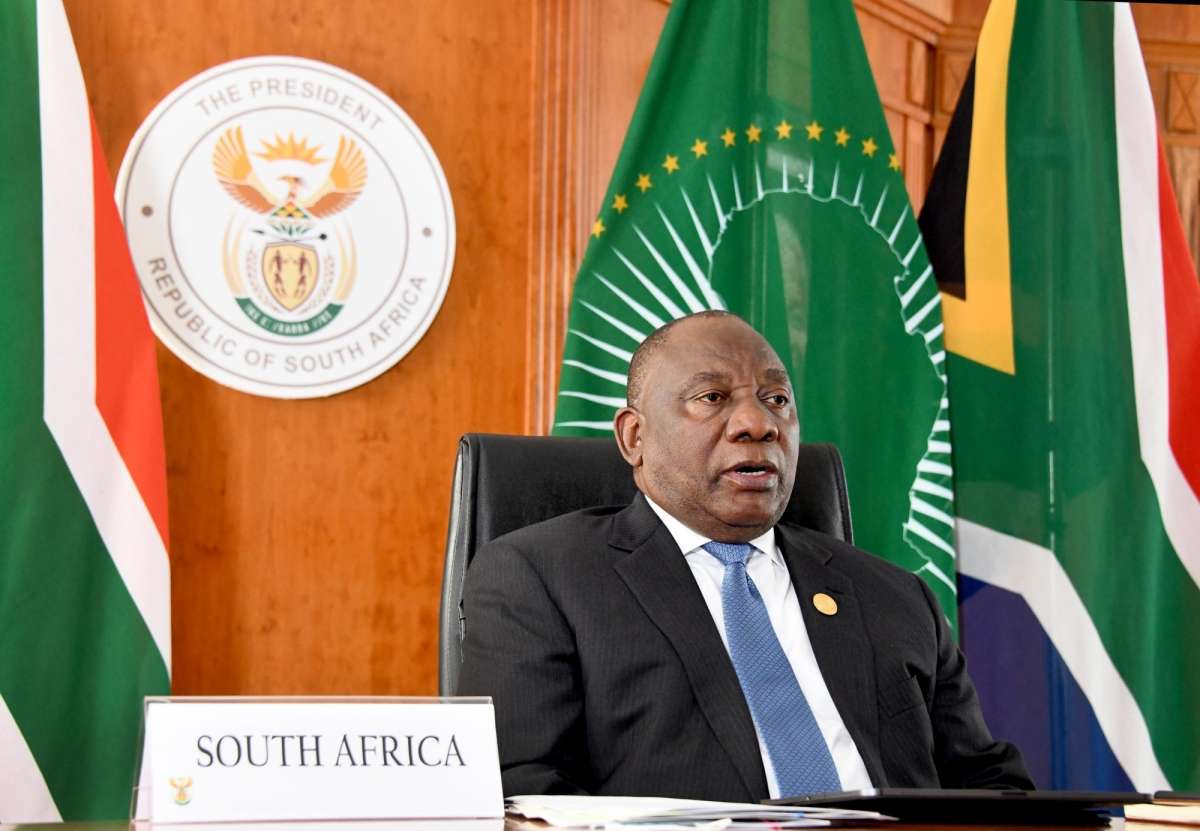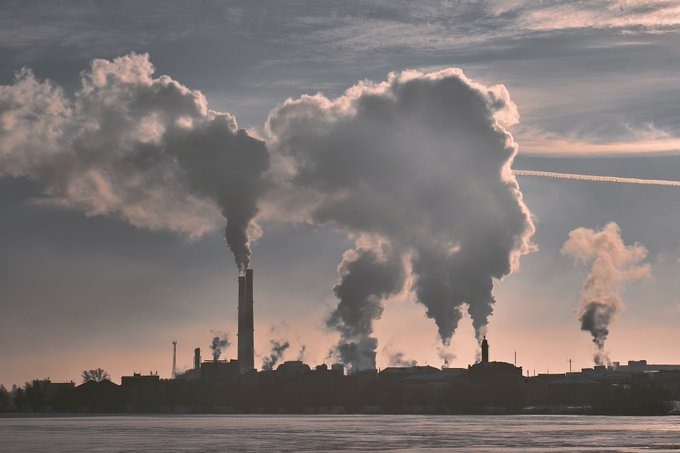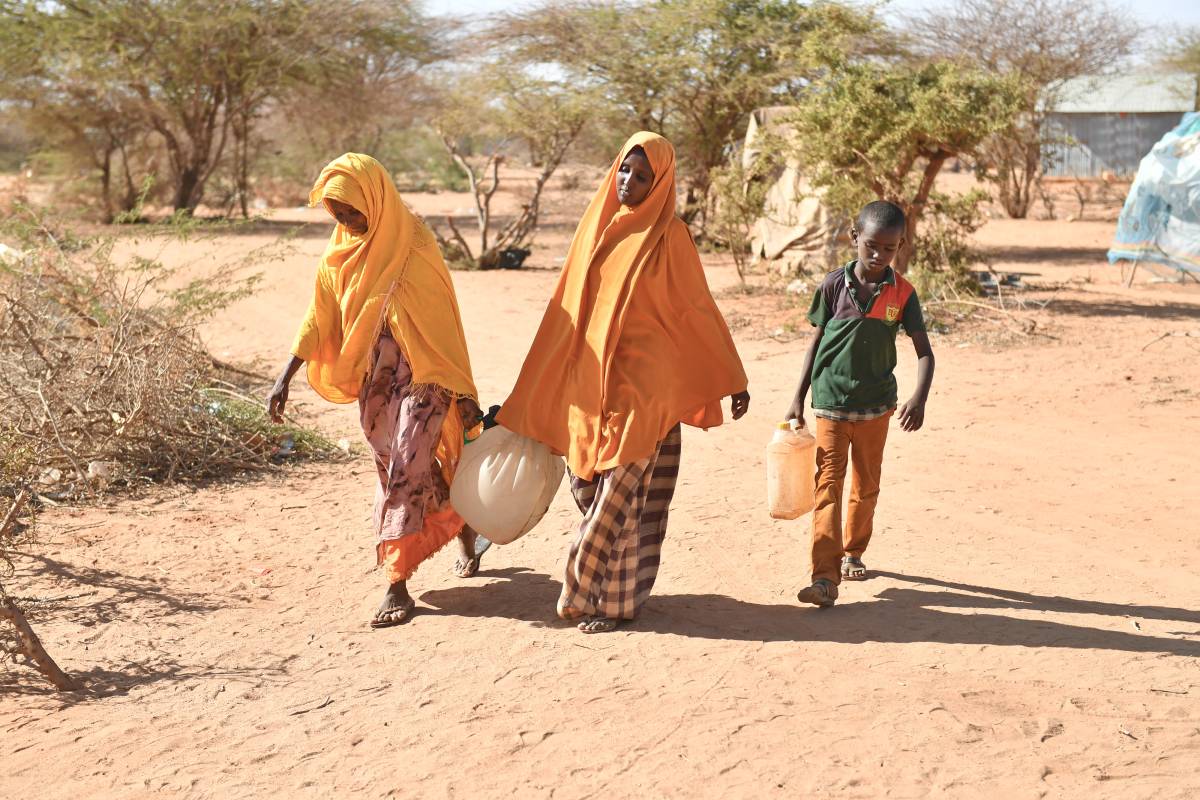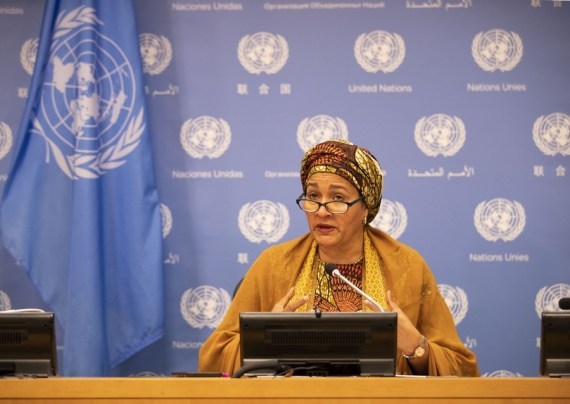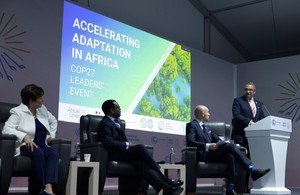A fresh examination of COVID-19 samples taken in Africa prior to the first identification of Omicron calls both hypotheses into question…reports Asian Lite News
The SARS-CoV-2 subtype, later termed “Omicron,” was discovered a year ago in South Africa and spread rapidly over the world. It is still unknown how, when, or where this virus developed.
Researchers from Charite – Universitatsmedizin Berlin and a network of African institutions published a study in the journal Science* that shows Omicron’s predecessors existed on the African continent long before cases were first identified, implying that Omicron emerged gradually over several months in different countries across Africa. The coronavirus has been evolving since the beginning of the pandemic. The biggest leap seen in the evolution of SARS-CoV-2 to date was observed by researchers a year ago when a variant was discovered that differed from the genome of the original virus by more than 50 mutations.
First detected in a patient in South Africa in mid-November 2021, the variant later named Omicron BA.1 spread to 87 countries around the world within just a few weeks. By the end of December, it had replaced the previously dominant Delta variant worldwide.
Since then, speculations about the origin of this highly transmissible variant have centred on two main theories: either the coronavirus jumped from a human to an animal, where it evolved before infecting a human again as Omicron or the virus survived in a person with a compromised immune system for a longer period of time, and mutations occurred there.
A fresh examination of COVID-19 samples taken in Africa prior to the first identification of Omicron calls both hypotheses into question.
An international study team led by Prof. Jan Felix Drexler, a scientist from Charite’s Institute of Virology and the German Center for Infection Research, conducted the analysis (DZIF).
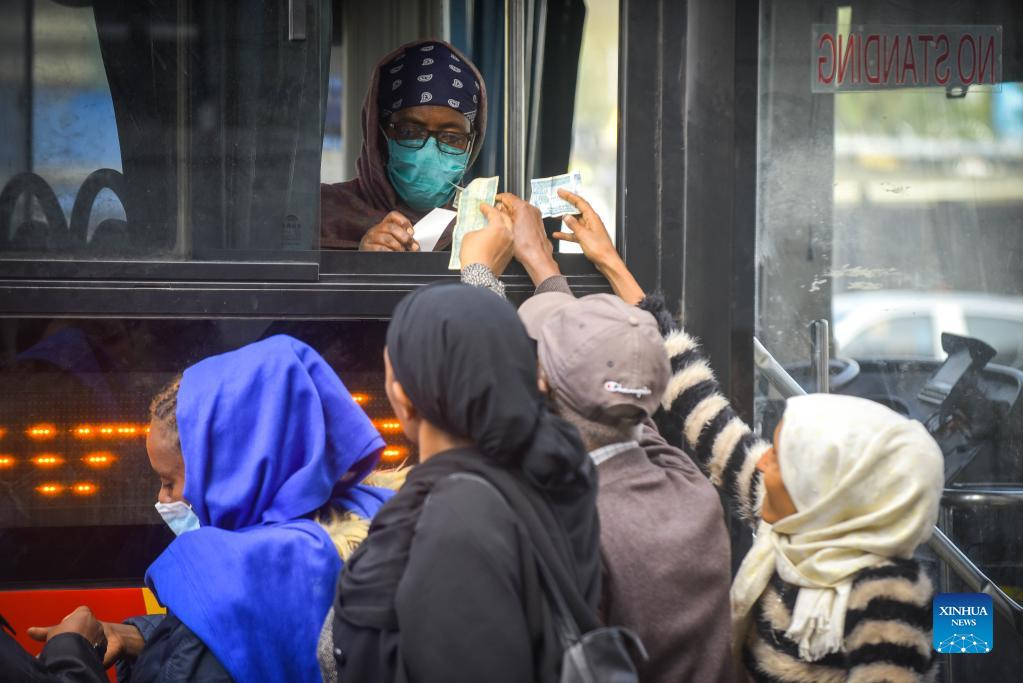
Stellenbosch University in South Africa and the Laboratory of Viral Hemorrhagic Fever (LFHB) in Benin were also important collaborators in the European-African network. The researchers began by designing a unique PCR test to detect the Omicron variation BA.1. They then evaluated over 13,000 COVID-19 respiratory samples collected in 22 African nations between mid-2021 and early 2022.
In doing so, the research team found viruses with Omicron-specific mutations in 25 people from six different countries who contracted COVID-19 in August and September 2021 – two months before the variant was first detected in South Africa.
To learn more about Omicron’s origins, the researchers also decoded, or “sequenced,” the viral genome of some 670 samples. Such sequencing makes it possible to detect new mutations and identify novel viral lineages.
The team discovered several viruses that showed varying degrees of similarity to Omicron, but they were not identical. “Our data show that Omicron had different ancestors that interacted with each other and circulated in Africa, sometimes concurrently, for months,” explains Prof. Drexler.
“This suggests that the BA.1 Omicron variant evolved gradually, during which time the virus increasingly adapted to existing human immunity.” In addition, the PCR data led the researchers to conclude that although Omicron did not originate solely in South Africa, it first dominated infection rates there before spreading from south to north across the African continent within only a few weeks.
“This means Omicron’s sudden rise cannot be attributed to a jump from the animal kingdom or the emergence in a single immunocompromised person, although these two scenarios may have also played a role in the evolution of the virus,” says Prof. Drexler.
“The fact that Omicron caught us by surprise is instead due to the diagnostic blind spot that exists in large parts of Africa, where presumably only a small fraction of SARS-CoV-2 infections are even recorded. Omicron’s gradual evolution was therefore simply overlooked. So it is important that we now significantly strengthen diagnostic surveillance systems on the African continent and in comparable regions of the Global South, while also facilitating global data sharing. Only good data can prevent policymakers from implementing potentially effective containment measures, such as travel restrictions, at the wrong time, which can end up causing more economic and social harm than good.” (ANI)


